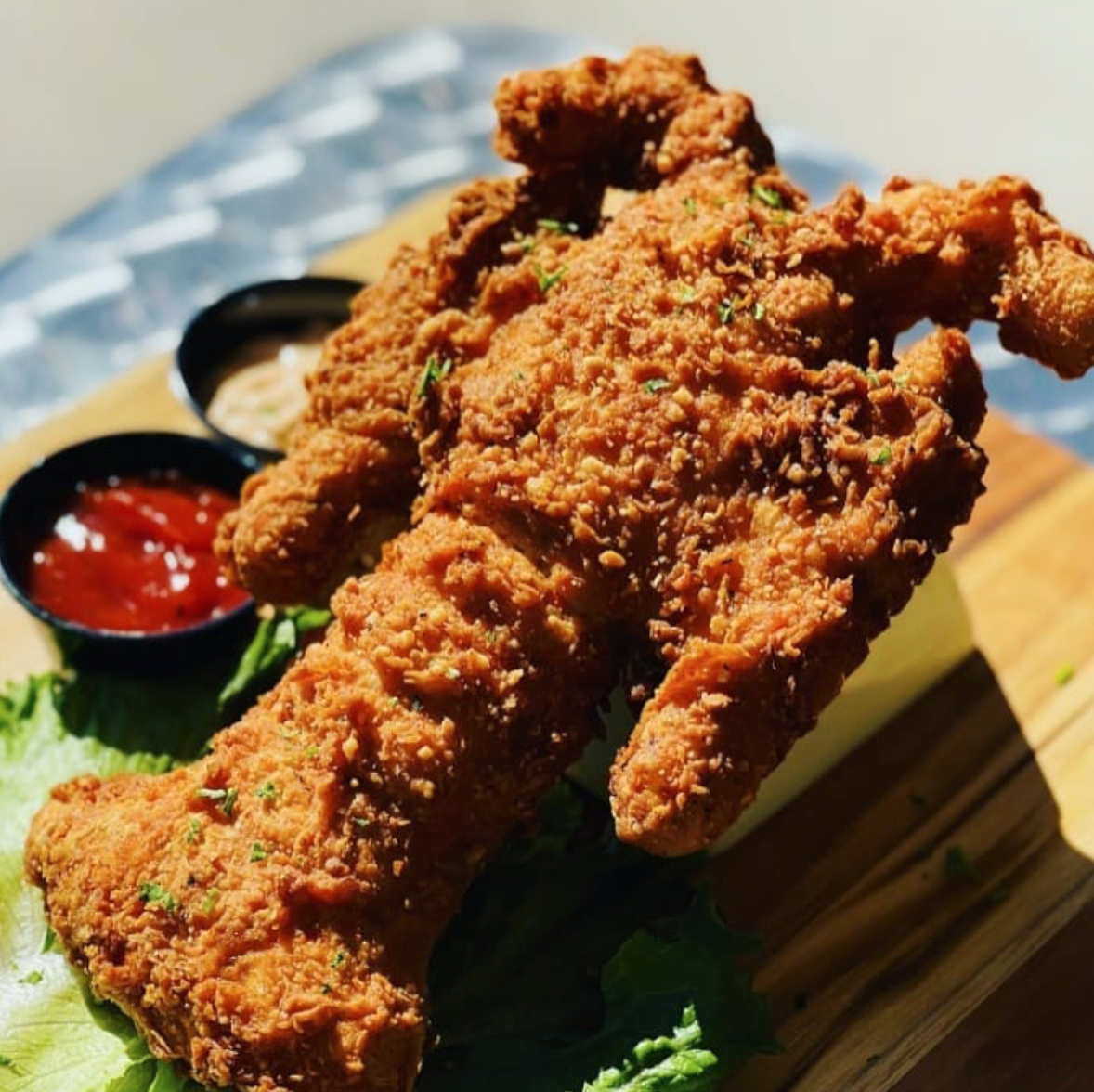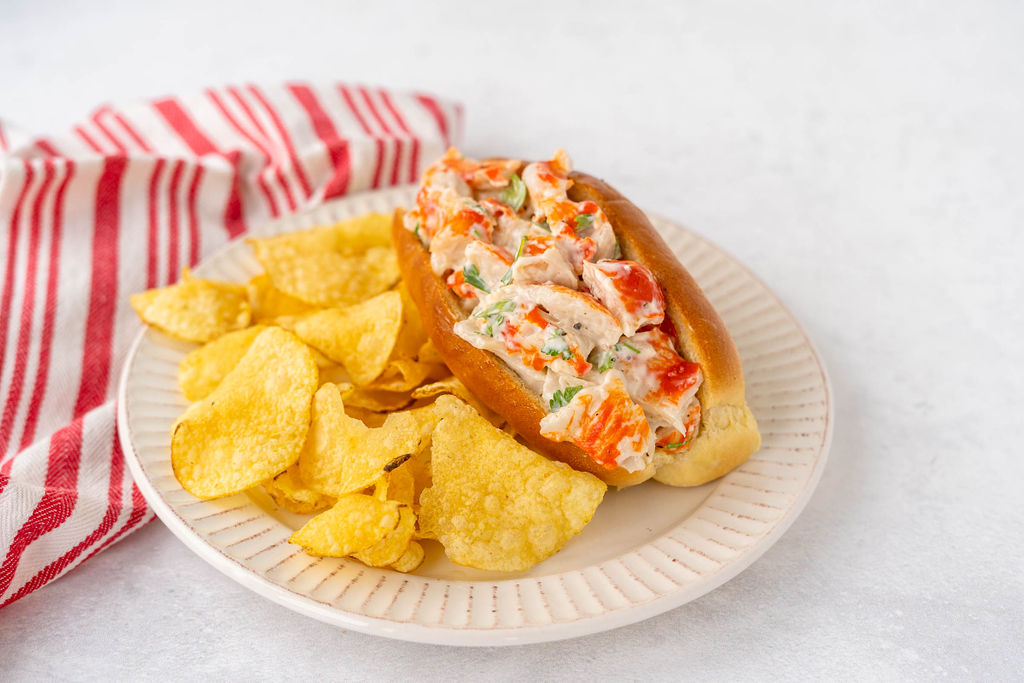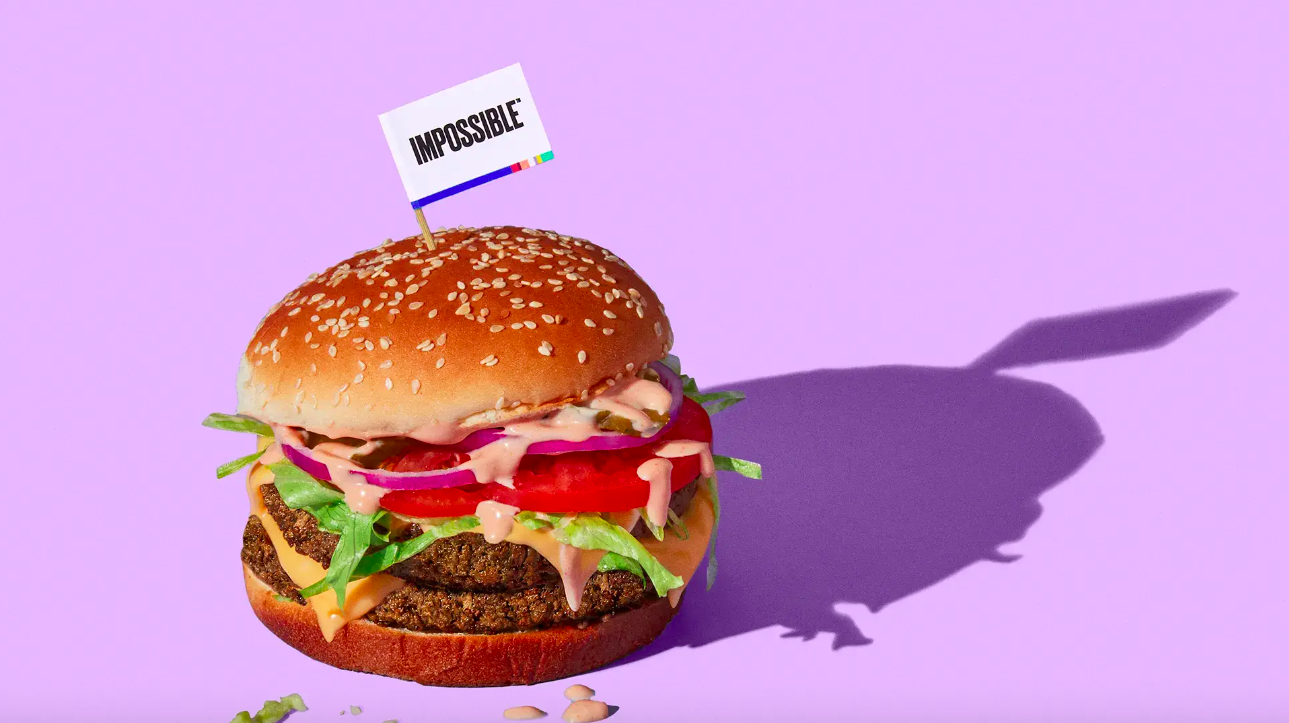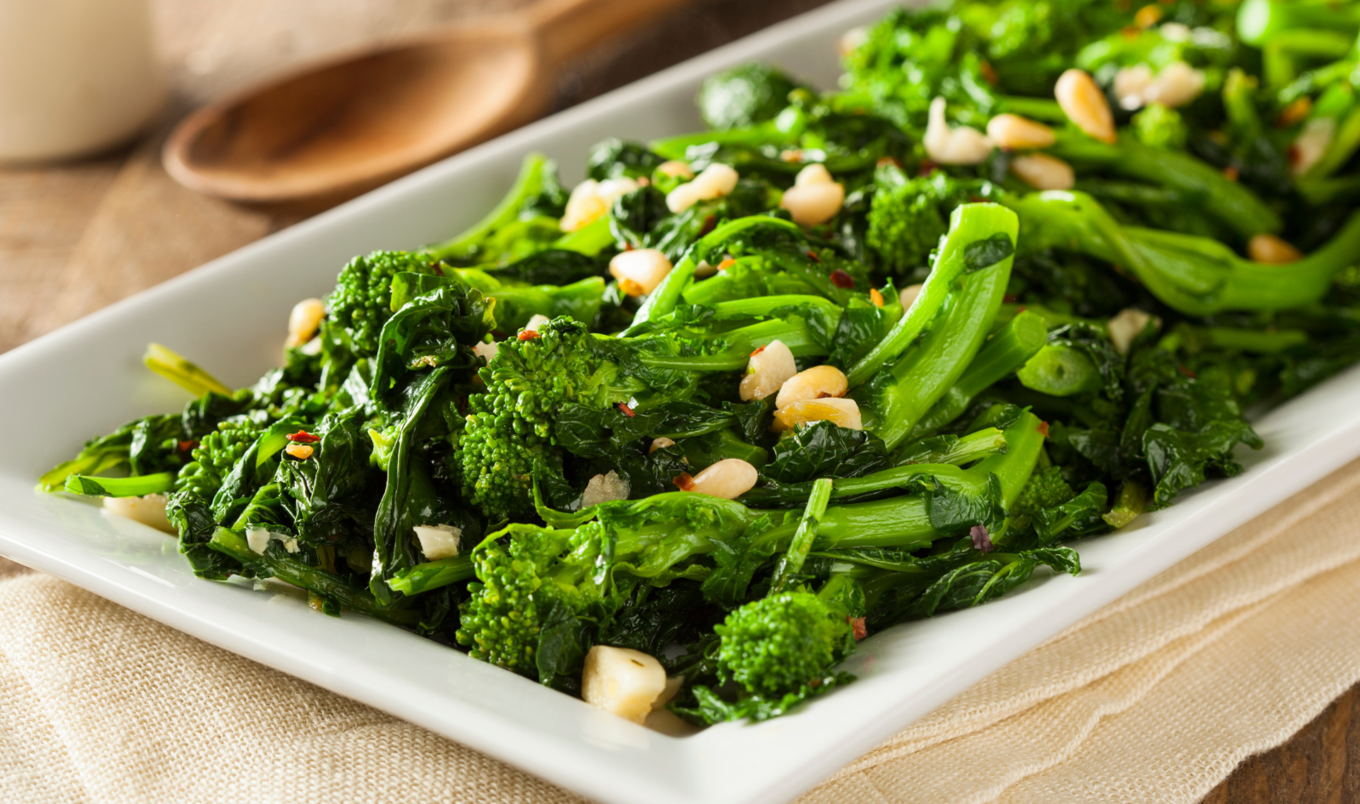In November 2022, President Joe Biden hosted a number of high-profile guests at his first state dinner at the White House. To mark the event—which was attended by French president Emmanuel Macron and intended to celebrate the relationship between France and the US—around 200 live lobsters were flown in from Maine, the heart of the US lobster industry before they were killed and served with caviar.
But the choice to serve lobster at the prestigious event sparked controversy. Many activists and environmentalists, for example, were outraged. Not just because research suggests boiling lobsters alive is inhumane due to the creature’s capacity to feel pain, but also because catching them in their masses is having a major impact on another species: the North Atlantic right whale.
In 2021, scientists revealed that there were likely only around 340 North Atlantic right whales left in the ocean. And the following year, Seafood Watch, an organization that offers science-based seafood recommendations, added American Lobster to its “Avoid” list. The two events were intrinsically connected: the way that lobsters are caught is entrapping right whales and it isn’t helping their already delicate chances at survival.
Here’s more about why it’s time to stop eating lobster for the sake of the whales, as well as where to buy vegan lobster the next time a craving hits.
Table of Contents
Are lobster traps killing whales?
The American lobster industry is a big market; in 2022, a record $725 million worth of the crustaceans were brought into Maine’s docks. But the way that these lobsters are caught, with pots on the seafloor connected by lines on floating buoys, is devastating the right whale population. The marine creatures get trapped and tangled up in these lines, which causes lacerations on their skin and makes it difficult for them to rise to the surface to breathe.
Speaking to The New York Times, Amy Knowlton, one of the New England Aquarium’s senior scientists, said that watching right whales get stuck in lobster lines was a “heartbreaking sight.” “They often are under significant stress, frantically thrashing and desperately trying to shake the gear off of their bodies,” Knowlton said. She added that these entanglements are the leading threat to the species.
And, according to activists, the US Senate isn’t helping the situation. Aside from feasting on lobster dinners, politicians have actively made things worse by including a provision in the year-end funding budget that allows lobster harvesters to keep using equipment that is dangerous to right whales for several more years, until 2028 at least.
According to the Center for Biological Diversity, this has potentially condemned the North Atlantic right whale to extinction. The senators responsible for the provision were New York’s Chuck Schumer and Vermont’s Patrick Leahy, who has since retired from his position. “What a horrific legacy to leave to one’s grandchildren,” Brett Hartle of the Center for Biological Diversity said, as per the Guardian.
.jpg) Unsplash
Unsplash
What would happen if the right whale went extinct?
It’s difficult for right whales to bounce back from the brink, and that’s because their reproduction rates are very low. It takes a long time for a mother right whale to have a baby, with pregnancies lasting around a year. And after that, it’s usually another three years before they have another calf, and sometimes it can be longer.
There have been minor improvements in recent years, but not enough to save the population just yet. In 2018, there were no right whale calves born, but in 2021, 13 were born, and in 2022, researchers spotted eight new babies. Moira Brown of the Canadian Whale Institute told CBC that entanglements cause the whales stress, which can impact the rate at which they reproduce. Other threats include strikes from ships, as well as the climate crisis, which impacts their feeding areas.
If the right whale population can’t recover, the species will go extinct. And the consequences of that will be devastating. Not only because it would be humanity’s fault, but also because it would disrupt important marine ecosystems. According to Woods Hole Oceanographic Institution, right whales redistribute nutrients throughout the ocean through, well, their poop. And when they die, they also help out other organisms in the ocean, by providing them with a food source.
Where to buy vegan lobster
Saving the right whales is going to take several different solutions, one of which involves regulating the lobster industry, and changing the way these shellfish are caught. But, really, the world doesn’t need to eat lobster at all. The vegan seafood industry is growing, and some reports predict it could even hit more than $1.3 billion by 2031.
Right now, there aren’t as many vegan lobster products out there as there are plant-based shrimp or tuna alternatives, but as research and development in the area continue, that’s likely to change. But if you’re craving lobster now, and you don’t want to hurt the whales, you do have other options. These brands all sell vegan lobster. (Plus, you could also make it at home, following this recipe for easy vegan lobster rolls, for example.)
 @rabbitholelife/Instagram
@rabbitholelife/Instagram
1 Lily’s Vegan Pantry
New York-based Lily’s Vegan Pantry, which used to be known as May Wah Vegetarian Market, offers a wide range of different vegan seafood products, and lobster is no exception. The brand’s plant-based version of the crustacean is made with yam flour. It’s even shaped like a lobster, and cooked in the same way, too, in boiling water (only you can be sure there’s no suffering going on).
Check it out
 NoPigNeva
NoPigNeva
2 NoPigNeva
Online marketplace NoPigNeva strives to offer vegans, vegetarians, and flexitarians an easy plant-based shopping experience. Its main goal is to provide an ethical alternative to every food craving you could ever have, including the products that are hard to find, like vegan lobster. The brand’s offering is the same as Lily’s Vegan Pantry’s, and aims to give you “a little taste of Maine without a trip to the ocean.”
Check it out
 Lord of Tofu
Lord of Tofu
3 Lord of Tofu
Vegan brand Lord Of Tofu aims to provide Germany, France, and Switzerland with some of the best meat alternatives, using, you guessed it, tofu. Its range includes everything from vegan cheese to barbecue products and even “vegan sea cuisine.” The latter includes tofu-based shrimp, tuna, salmon, and, of course, lobster.
Check it out







.jpg?sha=1491c255b49d3e03)